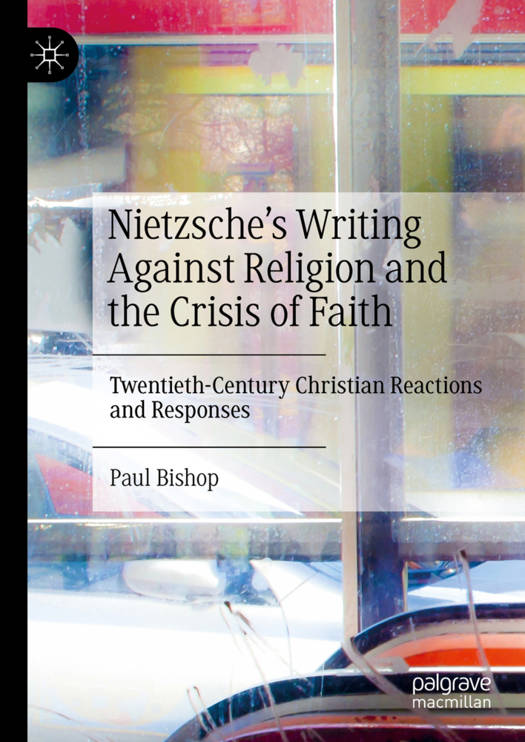
- Retrait gratuit dans votre magasin Club
- 7.000.000 titres dans notre catalogue
- Payer en toute sécurité
- Toujours un magasin près de chez vous
- Retrait gratuit dans votre magasin Club
- 7.000.0000 titres dans notre catalogue
- Payer en toute sécurité
- Toujours un magasin près de chez vous
Nietzsche's Writing Against Religion and the Crisis of Faith
Twentieth-Century Christian Reactions and Responses
Paul BishopDescription
This book offers an exercise in reception theory and investigates the key figures in the reception of Nietzsche's critique of Judeo-Christianity in the course of the twentieth century. It has often been remarked upon -- but rarely, if ever, explained -- why Nietzsche, the author of the famous parable in The Gay Science in which a madman announces the "death of God" and a self-proclaimed opponent of organised religion, should have been a figure of such profound interest to writers, thinkers and theologians who were of a Christian persuasion. In order better to understand the attractiveness of Nietzsche to practitioners of faith, this book undertakes an analytical study of the reception of Nietzsche by around a dozen writers and thinkers working within the discourse of twentieth-century theology in the European tradition (French, Italian, German, Polish, and Swiss).
Spécifications
Parties prenantes
- Auteur(s) :
- Editeur:
Contenu
- Nombre de pages :
- 291
- Langue:
- Anglais
Caractéristiques
- EAN:
- 9783031639760
- Date de parution :
- 07-09-24
- Format:
- Livre relié
- Format numérique:
- Genaaid
- Dimensions :
- 148 mm x 210 mm
- Poids :
- 517 g

Les avis
Nous publions uniquement les avis qui respectent les conditions requises. Consultez nos conditions pour les avis.






